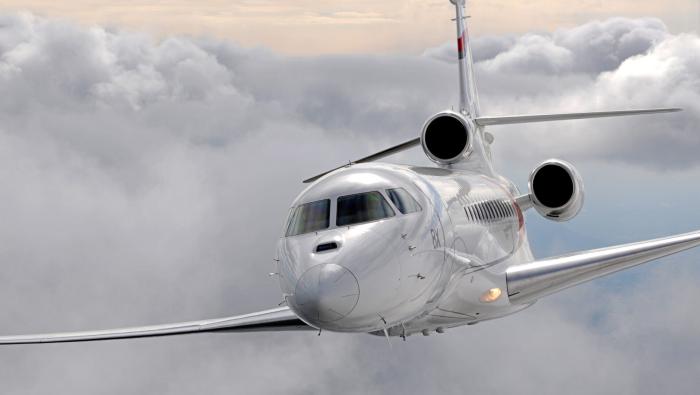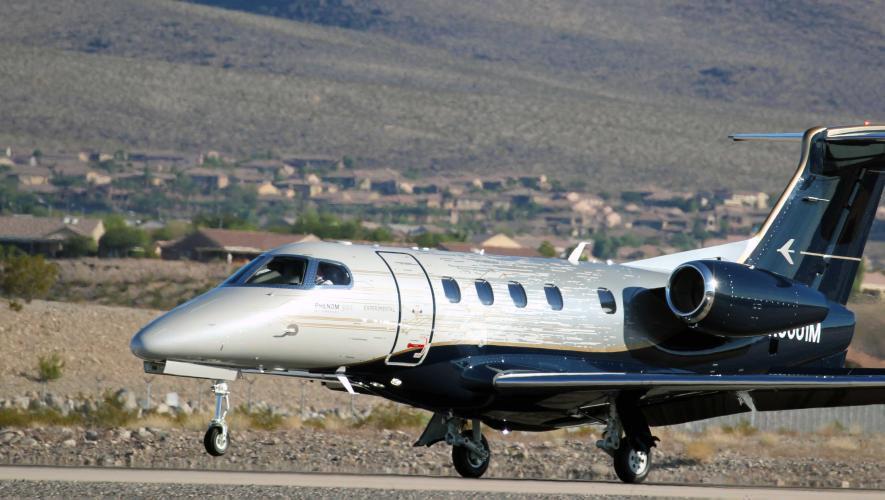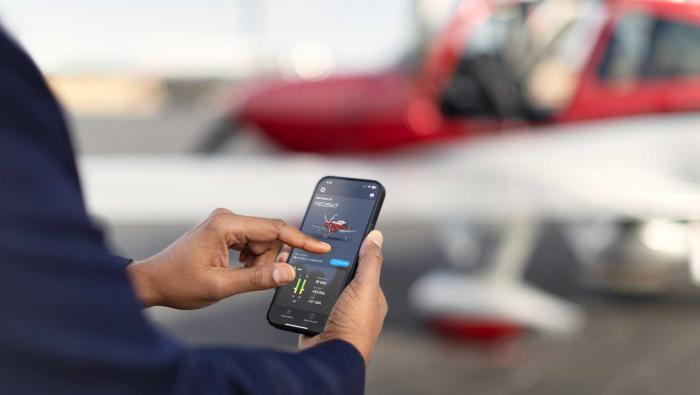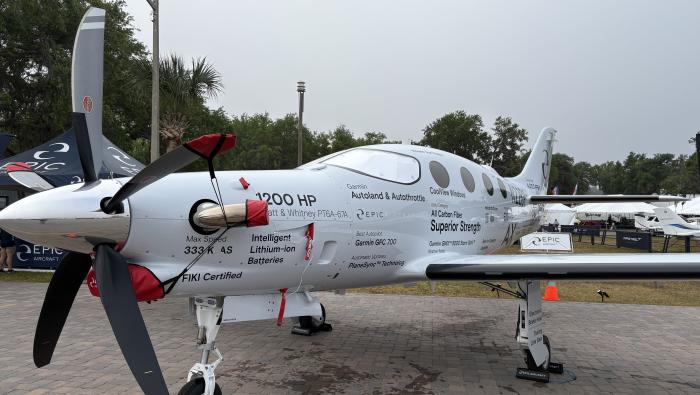Riyadh-based Alsalam Aircraft Co. is emerging as a key player in efforts to upgrade Saudi Arabia’s fleet of 84 Panavia Tornado interdiction strike aircraft.
The long-discussed upgrade to the Royal Saudi Air Force (RSAF) Tornado IDS fleet made a significant move forward earlier this year with the arrival of three aircraft at the BAE Systems Warton site in the UK for conversion into what are termed “demonstrators.” Intense negotiations continue between BAE Systems and the Saudis to define the size and scope of the upgrade effort. Middle East military sources say work share between BAE Systems and the local Saudi aerospace industry, particularly Alsalam Aircraft (Stand C700), is playing a crucial role in these discussions on the future of the project, which could be worth up to $1.4 billion.
“Placing some work in Saudi Arabia is still to be settled,” commented Mike Rouse, BAE Systems Group Marketing Director in September. Earlier in the autumn expectations were raised that a contract would be concluded by the end of the year but sources close to the project report little sign of an imminent deal.
The upgrade effort is expected to draw heavily on work by the UK to modernize its fleet of 142 Tornado strike aircraft to GR4 standard. This transformed the Royal Air Force GR4s into software-driven aircraft and allowed the integration of a wide range of “smart” weapons and systems, including the MBDA Storm Shadow cruise missile, Brimstone anti-armor weapon, satellite guided Enhanced Paveway bombs and the Raptor reconnaissance pod.
The RAF has recently transformed it logistic support procedures for its Tornado fleet combining scheduled maintenance work with technology insertion efforts, in a bid to significantly reduce support costs and aircraft downtime. This concept is reported to be at the heart of the proposed RSAF effort to upgrade its Tornado fleet.
Alsalam Aircraft, in cooperation with BAE Systems, has carried out programmed depot maintenance (PDM) on the RSAF’s Tornado fleet since July 1997 and combining this activity with the upgrade project would bring the Saudi and UK support concepts into alignment, bringing efficiencies for both air forces. Alsalam is jointly owned by Boeing Industrial Technology Group (50 percent), Saudi Arabian Airlines (25 percent), Saudi Advanced Industries Co. (10 percent), Gulf Investment Corp. (10 percent) and the National Industrialization Co. (5 percent).
The first phase of the project is currently under way at Warton and involves the three demonstrator aircraft being stripped to assess the standards to which they were built because the RSAF bought its Tornados over a decade long period in a number of batches. Once a baseline upgrade is agreed upon and a contract signed, new equipment and software will be installed in Saudi Arabia.
The exact package of weapons, sensors and other subsystems to be installed is yet to be determined by the RSAF but several sources suggest it is focusing on precision strike capabilities. It is understood that any equipment for the upgrade effort will be purchased under the auspices of the Al Yamamah agreement between the UK and Saudi governments, under which Riyadh pays London in oil for equipment and services purchased. The UK Ministry of Defence then contracts BAE Systems to act as prime contractor for Saudi work. Over the past 20 years this has resulted in BAE Systems generating some £43 billion in work from the Al Yamamah project, according to the company’s chief executive Mike Turner.
The inclusion of Alaslam in the Tornado upgrade effort is a further development of the policy, to diversify work in the Kingdom from BAE Systems to local companies.
According to BAE Systems, the Tornado PDM facility at Alaslam’s Riyadh site employs 125 staff. Both Alsalam and BAE Systems are working toward Alsalam employing more than 80 percent of staff at the facility with BAE Systems providing the remainder.







